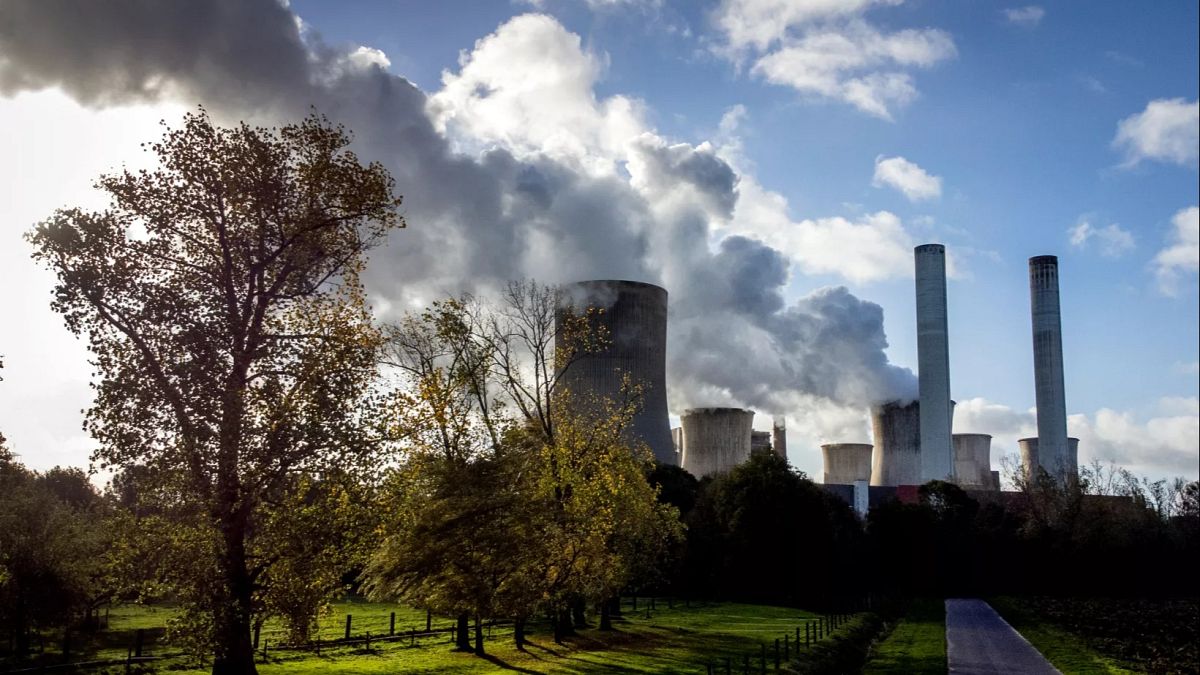Published on
According to a survey by the German Association of Local Utilities (VKU), one in five municipal providers (19%) plan to decommission their gas network by 2045 at the latest.
Almost half of suppliers, 46%, are still undecided on whether they want to switch their networks to climate-friendly gas in the future or shut them down completely.
Only 8% have so far made a clear decision to convert their grids for private households to green gas.
Mannheim is particularly ambitious when it comes to phasing out gas. According to the plans of supplier MVV, the gas network is to be decommissioned by 2035.
Augsburg, Hanover and Würzburg are planning to end their gas supply by 2040. In Munich and Regensburg, the gas grids are to be shut down by 2045 at the latest.
At the same time, Federal Minister for Economic Affairs and Energy Katherina Reiche announced at the beginning of May that gas-fired power plants with a total capacity of “at least 20 gigawatts” would be built.
The federal plan sees gas-fired power plants as a transitional technology with the option of converting to hydrogen. The goal is to use them when solar and wind cannot provide sufficient energy in Germany.
While gas will continue to be used for electricity generation at the federal level, cities will reduce the use of gas for heating at the municipal level.
EU subsidies are necessary to keep the power plants running when they are not being used. But the Ministry of Economic Affairs may not receive as much as it is hoping for.
According to unofficial information, negotiations are pointing to subsidising a capacity of 12 to 12.5 gigawatts instead of 20.
Who will bear the costs?
The German Association of Local Utilities (VKU) is calling for planning certainty to be created quickly and warns that the costs of dismantling the grid could end up being borne primarily by customers.
VKU Managing Director Ingbert Liebing told the German newspaper Bild that “anyone who will no longer be able to heat with gas or oil in 2045 must be able to rely on affordable alternatives being available. District heating, heat pumps or green gases must be available across the board by then at the latest.”
Customers include not only private households but also companies in Germany and around 1.4 million medium-sized companies are connected to the gas distribution network.
Rising gas, electricity and material prices are already putting pressure on the profit margins of these companies.
Complex regulations on taxes, environmental requirements, occupational health and safety and energy efficiency increase administrative work and costs. Moreover, international competitors with lower labour and production costs are putting medium-sized companies under price pressure.
It is clear there is a discrepancy in the objectives of electricity versus heat supply in Germany, where the federal government and local authorities are clearly not pulling in the same direction.

